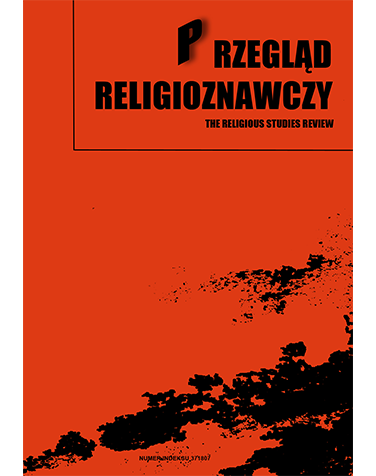Wstyd ujawniany. Glosa do dyskusji o Kościele katolickim (i nie tylko)
Słowa kluczowe:
Kościół katolicki, ujawniony wstyd, pedofilia, nadużycia seksualneAbstrakt
Niestety, dopóki co, nie wygląda na to, aby hierarchom Kościoła katolickiego w Polsce bardzo zależało na ujawnianiu występujących w nim takich wstydliwych zjawisk jak pedofilia. Jeśli dzisiaj decydują się oni o nich mówić publicznie, to stało się tak m.in. za sprawą głośnych procesów wytoczonych w kilku krajach zachodnich księżom pedofilom oraz pewnych zachęt idących z Rzymu. W tej glosie do tego problemu przywołam przykłady takich osób, którym zależy na ujawnianiu tych wstydliwych zjawisk, a nawet traktują to jako swój moralny obowiązek. Nie są oni wprawdzie liczni, niemniej są dosyć mocno zróżnicowani zawodowo. W tym gronie bowiem znajdują się zarówno naukowcy i dziennikarze, jak i czynni księża katoliccy. Na przeciwnym biegunie znajdują się oczywiście ci, którzy mają swój udział w próbie ich ukrycia.
